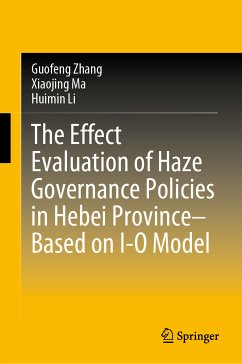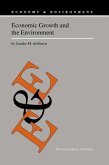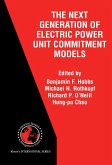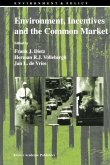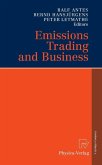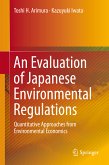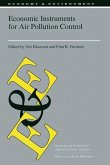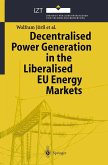This book provides a dynamic simulation model based on input-output table. The model includes an objective function, i.e. maximizing economic and social development and three sub-models, including economic growth model, pollutant emission model and energy balance model. The data of 2012 is selected as the base period data. The haze control policy of Hebei Province is written into the model as an exogenous variable. Reducing the total PM2.5 emissions is an environmental constraint, which is used to eliminate the impact of natural factors on environmental quality. Lingo software is used to simulate this model. By comparing the socio-economic impacts in different scenarios, this book found the most effective policy combination of haze governance. Comprehensive haze governance policy recommendations provide experience for other regions of China and other developing countries. In this book, the dynamic simulation model of haze governance also provides a reference to other environmental policy simulations.
This book is divided into five parts. The first part is an introduction. This paper mainly introduces the research background, research status at home and abroad, the purpose and significance of the study, the content and methods of the study, the key scientific problems to be solved and the expected results. In the second part, the current situation and existing problems of economic, social, energy and environment development in the study area are analyzed in detail. In the third part, a comprehensive evaluation model of dynamic optimization of haze control policy is constructed. The fourth part carries on the simulation experiment, and carries on the analysis to the experimental result. The fifth part puts forward the policy suggestions to realize the economic, social, energy and environmental development of Hebei Province.
In this book, we have some understandings about haze governance. From the perspective of policy effect, thepolicy effects of subsidy for soil and water conservation, subsidy for development and utilization of clean energy, subsidy for new energy vehicles, motor vehicle restriction and subsidy for introduction of PM2.5 treatment technology are decreasing. Comprehensive policy can better achieve the goal of sustainable development of economy, energy and environment than single policy, and the effect of "source governance" policy is better than that of "end governance" policy.
Dieser Download kann aus rechtlichen Gründen nur mit Rechnungsadresse in A, B, BG, CY, CZ, D, DK, EW, E, FIN, F, GR, HR, H, IRL, I, LT, L, LR, M, NL, PL, P, R, S, SLO, SK ausgeliefert werden.
Es gelten unsere Allgemeinen Geschäftsbedingungen: www.buecher.de/agb
Impressum
www.buecher.de ist ein Internetauftritt der buecher.de internetstores GmbH
Geschäftsführung: Monica Sawhney | Roland Kölbl | Günter Hilger
Sitz der Gesellschaft: Batheyer Straße 115 - 117, 58099 Hagen
Postanschrift: Bürgermeister-Wegele-Str. 12, 86167 Augsburg
Amtsgericht Hagen HRB 13257
Steuernummer: 321/5800/1497
USt-IdNr: DE450055826

